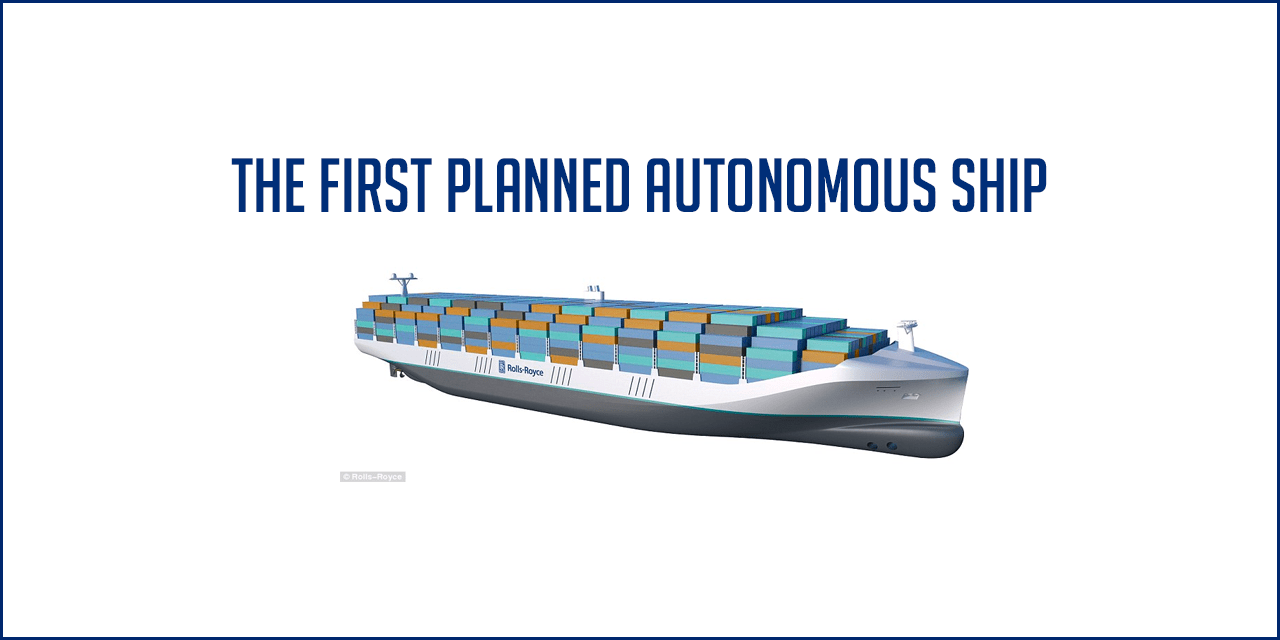Google and Rolls-Royce are teaming up to create autonomous drone vessels.
The agreement between the luxurious automaker Rolls-Royce and Google aims to improve safety, tighten the security of current container vessels, and help make autonomous ships a reality.
This sweeping agreement, signed at the Google Cloud Summit in Sweden, will be the first within the shipping industry.
According to the agreement, Rolls-Royce will use Google Cloud technology to work on the company’s artificial intelligence capabilities, aiming to improve its ability to group objects and advance the recognition and monitoring skills of vessels operating at sea. These technological improvements will also help improve a vessel’s overall security and that of its crew.
Google Cloud’s Machine Learning Engine uses basic, internet-based intelligence software, such as Google’s image and sound recognition solutions. Machine learning consists of a range of algorithms, tools, and techniques which imitate human learning to solve certain problems. Rolls-Royce plans to use Google Cloud software to gather various information and data about the shipping industry, and improve machine learning models, which can interpret information gathered and make connections.
Intelligent awareness systems will improve the safety of vessels, and provide the vessel crew with advanced information and a thorough understanding of their vessel’s surroundings.
Google and Rolls-Royce hope to achieve this innovation by blending data generated by existing vessel systems, such as AIS (Automatic Identification System) and vessel radars, with data generated through new intelligent technology initiatives.
The planned autonomous vessel has been designed to use electric propellent power, with two generators. It will also have enough solar panels to store a vast amount of energy to be used in situations when the vessel’s speed decreases. These autonomous vessels have a planned range of 3,500 nautical miles, and will operate for approximately a little more than 100 days.




